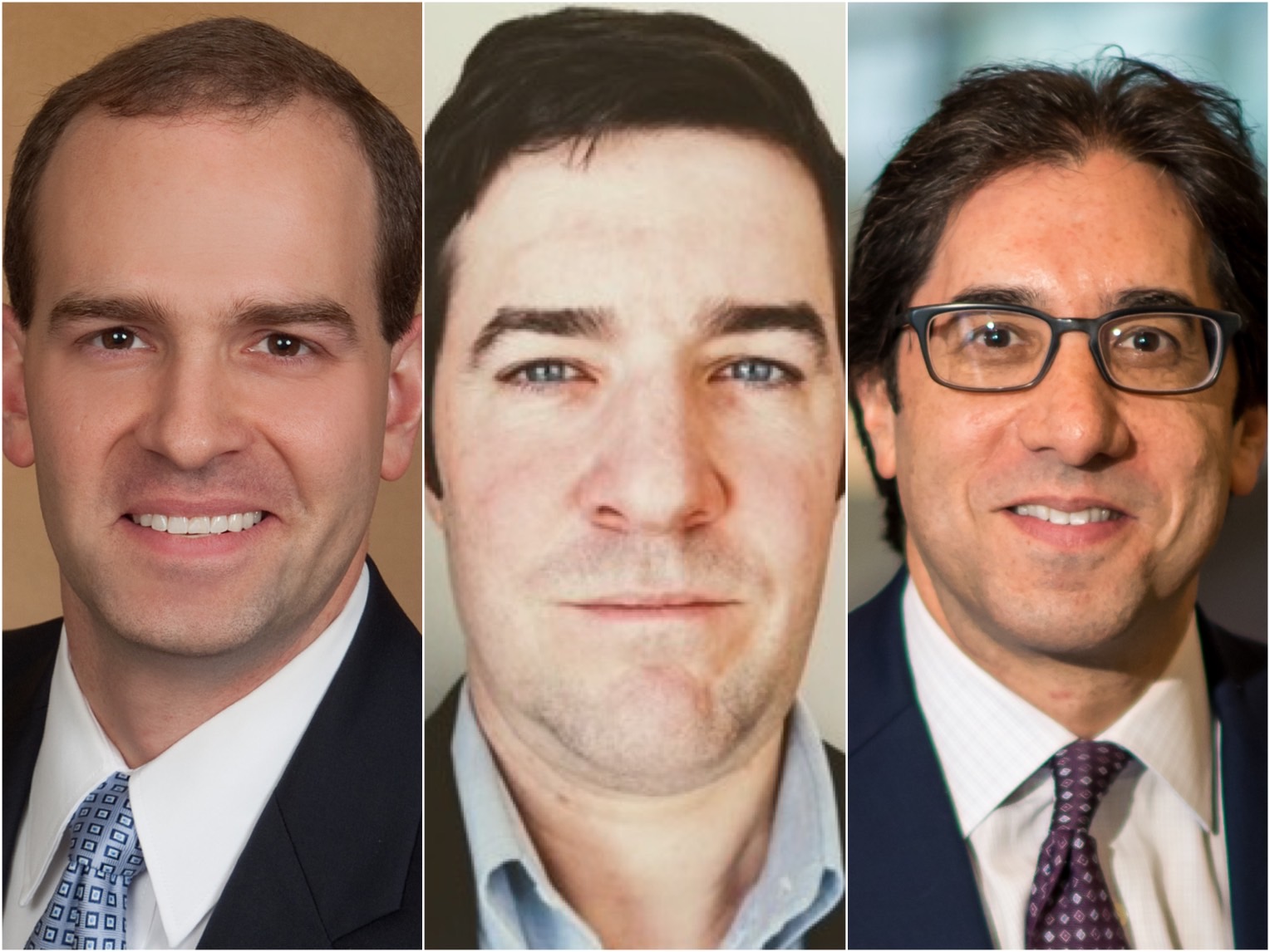Satellite Operators and Broadband Entrants Vie for Primacy as FCC Debates the 12 GigaHertz Band
Will the 12 GHz band be opened for 5G uses or remain exclusively for satellite services?
Benjamin Kahn

July 13, 2021—There is a battle raging in the heart of the atmosphere. And no, it’s not the current heatwave. It’s the wireless radio frequencies known as the 12 GigaHertz (GHz) spectrum.
Join the Broadband Breakfast Live Online event, “Spectrum for 5G, LEOs and the Future of the 12 GigaHertz (GHz) Band,” on Wednesday, July 14, 2021. You can also PARTICIPATE in the current Broadband Breakfast Live Online event. REGISTER HERE.
The 12GHz band is the name commonly used to identify a 500 megahertz swath of frequencies that stretch across the lower end of the so-called K band, between 12.2 GHz and 12.7 GHz.
The band has primarily been used for downlink satellite communications—most notably by the International Space Station, SpaceX, and Dish. But now the band has emerged as a flashpoint in the debate over 5G services versus satellite technologies.
Proponents of spectrum sharing believe now is the time to open 12 GHz up for more intensive broadband uses. But some satellite services are very much opposed. And the Federal Communications Commission is currently considering the arguments.
Spectrum sharing: Will it also work with satellite services?
Spectrum policy primarily uses two methods of allocating bandwidth. A band can either be designated for shared use or exclusive use.
Some entities would like to see the 12 GHz band opened up to greater shared uses. Others want it limited for exclusive use.
Bands can also either be licensed or unlicensed, but the terms are not mutually exclusive. Communications companies are often opposed to shared uses. These companies prefer to utilize an exclusive rights model, in which they approach the airwaves from the perspective of a property owner with complete control over their domain.
One notable exception to this is Dish Wireless.
Dish’s direct broadcast satellite service has been the primary incumbent in the 12 GHz band for years. Representatives from Dish have stated that they welcome the improved competition because they believe sharing the 12GHz band would yield as companies continue to build-out their 5G networks.
A battle of the billionaires
It’s also important to frame Dish’s argument in a broader context. Billionaires Elon Musk, Jeff Bezos, and Richard Branson are embroiled in a war to establish primacy of the satellite internet market. SpaceX’s Starlink, Amazon’s Project Kuiper, and Virgin’s Virgin Orbit are all trying to carve out their own corner of the market for satellite internet.
The 12 GHz band represents important real estate which they could leverage to improve their coverage.
In a response to Dish’s comments before the FCC, SpaceX argued on July 7 that Dish’s shared use model would interfere with incumbent satellite services—an assertion that Dish has pushed back against in the past.
SpaceX accused Dish of amassing “the world’s largest storehouse of unused spectrum” and accused them of only being capable of delivering empty promised. The reply also stated that Dish is attempting to kick operation next-generation satellites out of the 12GHz band—which would not be a precondition for spectrum sharing.
OneWeb and RS Access also weigh in
“The loudest proponents for introducing terrestrial mobile into the 12 GHz band are a handful of parties whose business plans have proved fruitless for nearly two decades, led by two who now see an opportunity for a financial windfall,” said Eric Graham, director of government and regulatory engagement for OneWeb, a satellite broaband provider, referring to Dish and RS Access.
“Arguments in support of introducing a terrestrial mobile allocation into a spectrum band with comparatively poor terrestrial propagation characteristics ignore the fact that such an allocation would only serve consumers who currently have many terrestrial mobile options in the areas where they live, work, and play,” Graham said.
But In a March 2021 ex parte filing with the FCC, RS Access slammed some of the satellite companies, including SpaceX, stating that the Musk’s company only seeks “maximal flexibility for itself, no matter the encumbrances or detriments to other operators.”

Eric Graham of OneWeb, V. Noah Campbell of RS Access, Jeffrey Blum of DISH
The filing also pointed out that the 500 megahertz is only worth three percent of SpaceX’s more than 15 gigahertz of exclusive use. RS Access asserted that improving flexibility “is not a zero-sum choice between satellite and terrestrial operations.” It pointed out that there are few other options for viable mid-band spectrum for license flexible use, and that new innovations are making shared use more efficient.
Dueling series of facts and technical data
Back in December of 2020, Chairman and CEO of Dell Technologies Inc. Michael Dell appealed to FCC Commissioner Nathan Simington to advocate for the use of open radio access networks in domestic 5G networks, their utility in bridging the digital divide, and the opening of the 12 GHz band for 5G use.
The decision to open the 12 GHz band may well come down to technical data: Whether Dish and its allies can provide data that will convince the FCC that opening the band to greater sharing will not interfere with incumbent usage.
For SpaceX and other entities that would prefer to see it remain closed, they will likely have to demonstrate how their services will be irredeemably impacted by other carriers operating within the band.
Join the Broadband Breakfast Live Online event, “Spectrum for 5G, LEOs and the Future of the 12 GigaHertz (GHz) Band,” on Wednesday, July 14, 2021. Panelists include Eric Graham of OneWeb, V. Noah Campbell of RS Access and Jeffrey Blum of DISH. You can also PARTICIPATE in the current Broadband Breakfast Live Online event. REGISTER HERE.









Member discussion